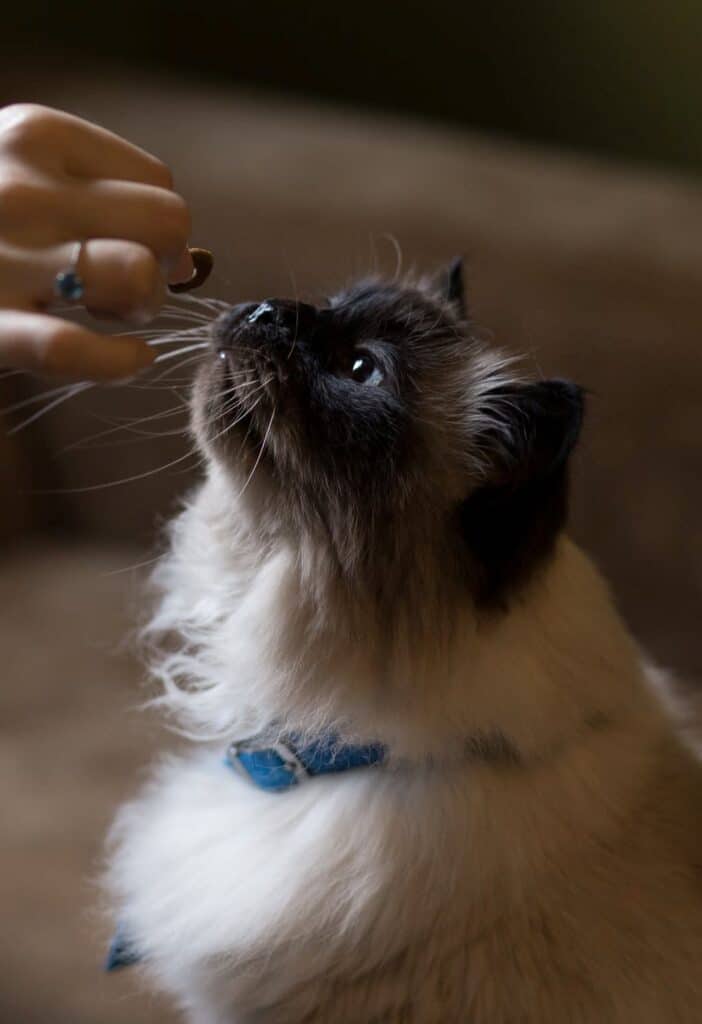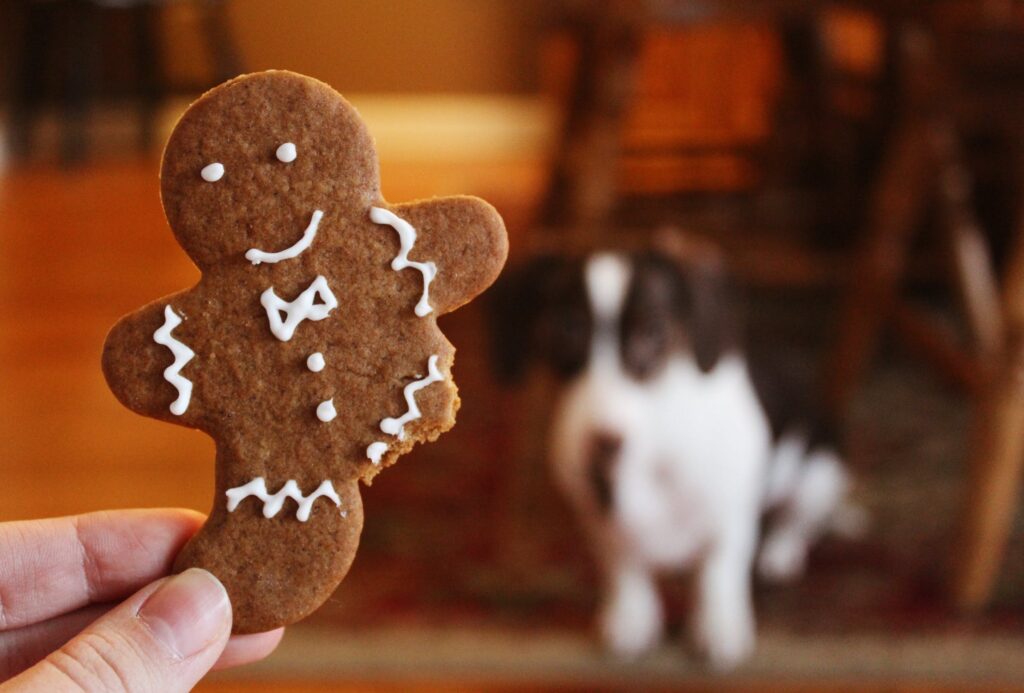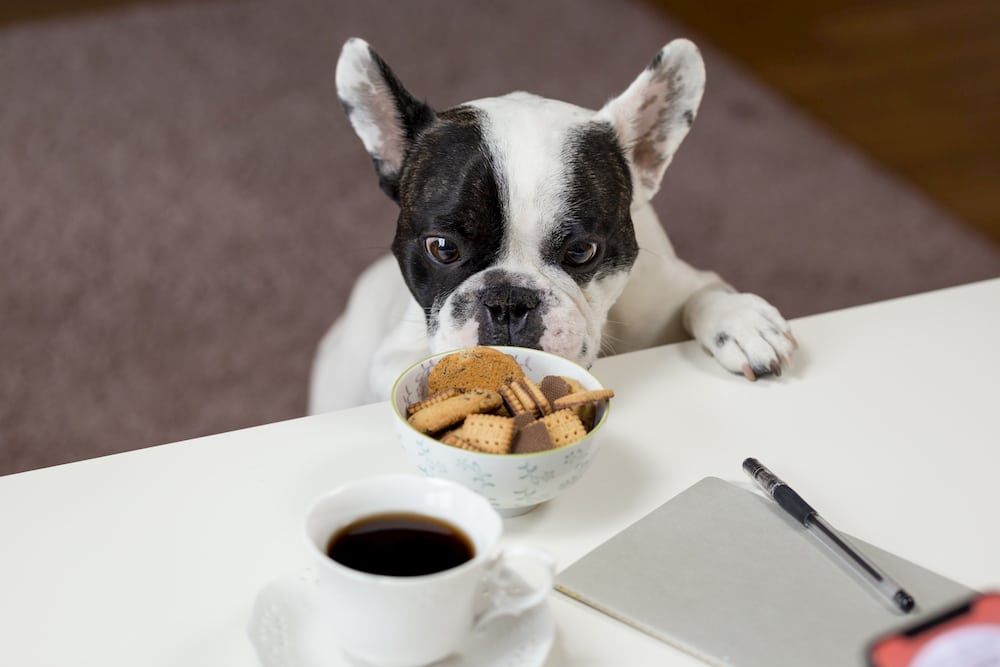
It’s hard to say no when a four-legged friend looks so cute begging for a bite from your plate, which is why RSPCA ACT is sending a friendly public service announcement that festive foods are not pet friendly.
RSPCA ACT CEO Michelle Robertson said while it was custom for a “wonderful assortment of rich foods to be cooked and consumed during the Christmas holiday season”, pet owners needed to remind themselves which human food and drinks were potentially harmful to pets.
“Certain foods can be toxic to your pets,” she said.
“We want pet owners to know when ‘not sharing’ falls into the caring category this holiday season.”
First and foremost, alcohol is a no go when it comes to pets.
It might seem like a funny idea to let Lucky lap it up; however, alcohol can cause intoxication, lack of coordination, poor breathing and, worst case scenario, coma or death in pets.
Fatty foods like barbecue scraps, turkey skin or pork crackling can trigger pancreatitis, a painful inflammation of the pancreas that can cause dehydration, organ damage, diabetes, insufficient enzyme production and, in severe cases, death.
If your pet tucks into a fatty food they aren’t supposed to, watch out for lethargy, poor appetite, fever, vomiting, diarrhea and abdominal pain.
When it comes to fruits and vegetables, avocados and onions are harmful to animals.

Avocados can cause diarrhoea, vomiting and heart congestion in dogs, and onions – a staple in most kitchens – are liable to cause red blood cells to burst, leading to anaemia in cats and dogs.
According to the Australian Animal Poisons Helpline, cats are more susceptible to onion toxicosis than dogs, and poisoning across both types of animals can occur from the ingestion of raw, cooked or dehydrated onion and even products containing onion powder.
One of the more divisive Christmas foods amongst humans – you either love it or you hate it – fruit cake contains multiple ingredients that may make your pet unwell if ingested, including alcohol.
For dogs, currants, grapes and raisins in fruit cake are toxic to the kidneys – watch out for lethargy, increased thirst and vomiting.
After-dinner treats like coffee and chocolate can have terrible side effects for dogs, both with the potential to trigger seizures.
Coffee can be fatal, leading to heart problems and vomiting, and chocolate can cause diarrhoea, vomiting, and an elevated heart rate.
Pets should not indulge in macadamia nuts, which may cause severe abdominal pain, inability to walk and increased heart rate.
There are also items in handbags and first aid kits that pets should never ingest, including paracetamol and xylitol – a common ingredient in sugarless gum.
Paracetamol can be fatal to pets, especially cats. If you think your pet found its way into the medical cabinet, a warning sign is grey-blue gums and salivation.
RSPCA ACT advises sticking to pet food and treats is the best way to avoid an expensive and emotional trip to the vet this summer.

For more news:



